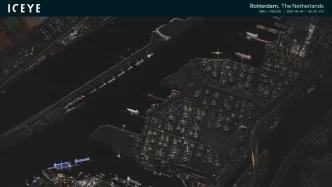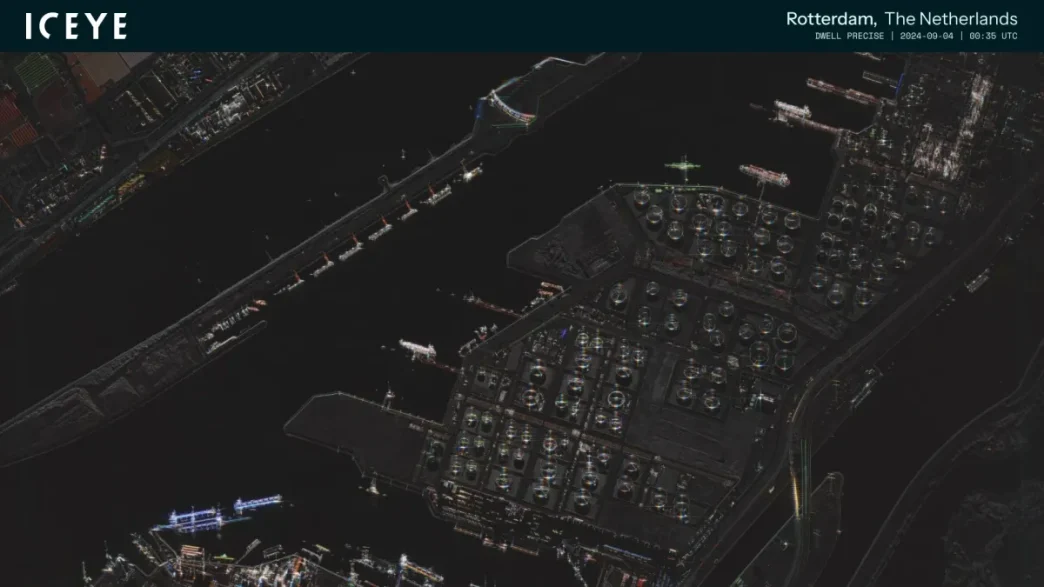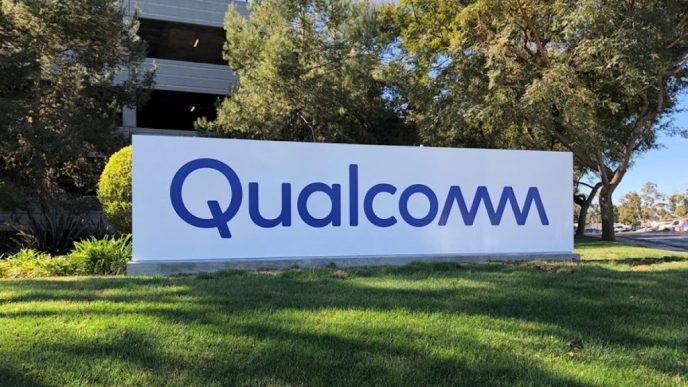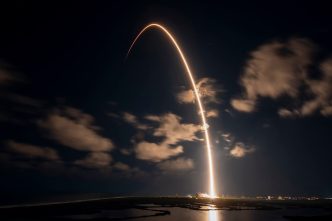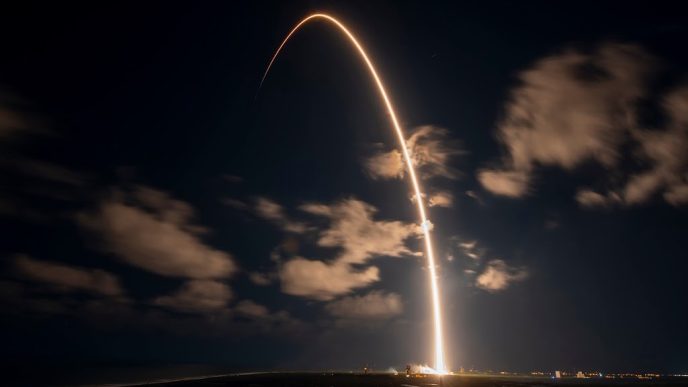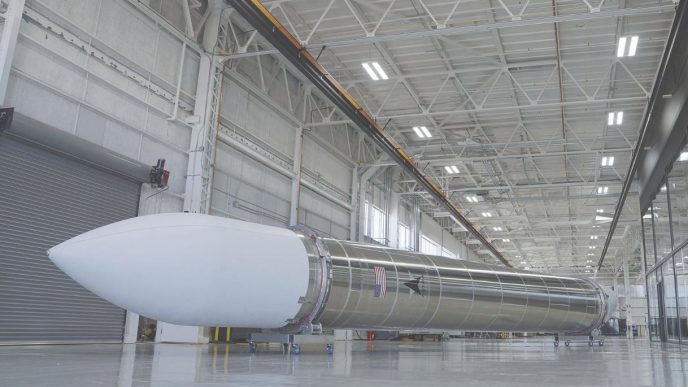Companies operating radar satellites for imaging and intelligence collection are accelerating the deployment of new technologies to cater to military and defense agencies, driven by a surge in demand for precise, real-time surveillance. Synthetic aperture radar (SAR) satellites, capable of capturing high-resolution imagery regardless of weather or time of day, are becoming crucial for defense customers seeking enhanced insights from space.
Finnish company Iceye, a key player in the sector, announced on Oct. 2 that its SAR satellites, capable of detecting objects as small as 25 centimeters, can now identify military equipment and targets concealed beneath tree cover or dense vegetation.
Eric Jensen, CEO of Iceye US, the company's U.S. subsidiary, highlighted the addition of new imaging features to meet defense and intelligence demands. “Regional conflicts around the world have really emphasized the need for commercial SAR,” Jensen told SpaceNews, noting growing interest in SAR for border security, maritime safety, and disaster response.
A recent report from the Center for Strategic and International Studies (CSIS), released on Oct. 1, analyzed the global remote sensing satellite market and found that U.S. SAR companies have overtaken their European and Canadian counterparts, thanks to regulatory reforms.
Companies like Umbra Space and Capella Space have used these reforms to advance their SAR technologies for both commercial and defense uses. The report ranked Iceye third in X-band SAR imaging, trailing Umbra and Capella, but credited the Finnish firm with leading the industry in revisit rate — a key capability for near-real-time monitoring.
The growing interest from foreign governments in establishing sovereign SAR constellations was also noted. Todd Master, COO of Umbra Space, emphasized the importance of sovereign SAR systems at the CSIS report rollout. “There's a lot of really interesting dynamics there,” he said, as countries increasingly seek independent SAR capabilities. Umbra is exploring international markets as demand for commercial SAR continues to rise, filling gaps previously dominated by government providers of satellite imagery.

